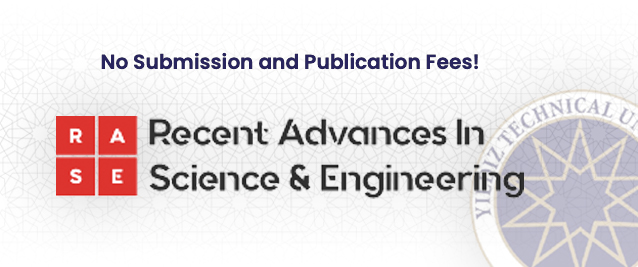2LBA Design and Consultancy, Istanbul, Türkiye
Abstract
Geopolymer mixes is a promising solution for achieving environmentally friendly and sustain-able concrete in the future. Due to its superior performance compared to traditional Portland cement mixes, it exerts a significant influence on the construction industry. Hence, this study has sought to understand the influence of various curing conditions on the physical and mechanical properties of alkali-activated slag/fly ash-based mortar mixtures activated with sodium hydrox-ide and sodium silicate. In this study, four distinct curing regimes were employed to investigate the impact of curing types on the properties of geopolymer mortars. These curing regimes in-cluded ambient curing at 22±2 °C, moist curing at 95% RH, steam curing, and heat curing at 80°C for 24 hours. The experimental research explored the fundamental physico-mechanical proper-ties of alkali activated mortar samples, including compressive and flexural strength, ultrasonic pulse velocity, volume of permeable pores, and water absorption. Based on the test results, the oven and steam cured samples exhibited superior mechanical and physical properties compared to ambient and moist cured samples. On the other hand, the compressive and flexural strength values of the ambient cured specimens were comparable with the oven and steam cured samples at later ages. The moist-cured samples performed inferior mechanical and physical properties contrary to conventional cement-based materials due to the discharge of the alkaline solution on the sample surface with elapsed curing age which restricts their use in moist environments. Statistically significant relationship was established between compressive and flexural strength.










